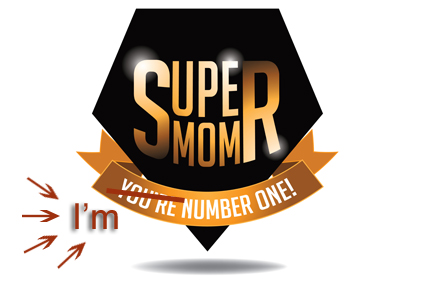Only baby haters don’t breastfeed?
That’s the provocative title of piece in yesterday’s Daily Telegraph:
Only baby-haters don’t breastfeed…or alternatively: Bottle is better and my boobs aren’t round my knees. No other topic divides women as instantly and viciously as breastfeeding
Ask any woman who’s had a baby what her views on breastfeeding are, and you’re likely to get an impassioned defence of, or argument against doing it. Rarely has there been a topic that so instantly divides people, with women of all ages taking up militant stances whenever the subject arises – which is regularly, as supposedly scientific research throws up or debunks yet another fact/myth about its benefits.
So the news that breastfeeding does not, apparently, improve a child’s intelligence will see the battle lines drawn once again.
That’s deeply unfortunate because the truth is that the issue is not breast vs. bottle, but process vs. outcome.
[pullquote align=”right” color=”#a35d25″]No process, natural childbirth, breastfeeding or attachment parenting, guarantees a healthy, happy, intelligent, successful child.[/pullquote]
First the bad news:
There is no process, whether it is natural childbirth, breastfeeding or attachment parenting, that guarantees a healthy, happy, intelligent, successful child.
It doesn’t matter if you have an unmedicated vaginal birth, breastfeed and “baby wear” your child.”
Now the good news:
There is no process, whether it is natural childbirth, breastfeeding or attachment parenting, that guarantees a healthy, happy, intelligent, successful child.
That means that it doesn’t matter if you have every obstetrical intervention possible, bottlefeed and never “baby wear” your child.”
Why?
There is no law of human causation. Human beings are not widgets; we cannot demonstrate with any reliability that certain inputs will produce desired outputs.
That goes double for creating the traits which we admire in the US in the early 21st Century. Human biology evolved to create the fittest people for a hunter gatherer existence. Long term health, individual happiness and the ability to do well on the SATs and earn lots of money, qualities that we prize today, were not relevant for most of humanity for most of the time.
It is nothing short of absurd to insist that breastmilk evolved the ability to prevent obesity or the chronic disease of old age in industrialized countries, heart disease and diabetes. It is nothing short of absurd to claim that breastfeeding is the first and necessary step to getting into an Ivy League University and snagging a coveted place at Goldman Sachs.
The breast vs. bottle debate has nothing to do with babies and what is good for them and everything to do with mothers and how they compete with each other. It takes decades to find out how your children turn out (“the outcome”), but women want to compete with each other in the meantime. Therefore, they compete on “the process” insisting that it predicts the outcome.
They compete on unmedicated childbirth, implying that it contributes to future success of the baby as an adult. They compete on breastfeeding implying that it contributes to future success. These notions are ridiculous. For most of human existence, all children were born vaginally after unmedicated labor (or died in the process). That didn’t ensure that all people were equally intelligent, wealthy or successful. For most of human existence, all children were breastfed (or died of dehydration or malnutrition). That didn’t ensure that all people were equally intelligent, wealthy or successful.
The bottom line is that no matter how much certain people wish it were so, breast milk does not have magical properties that ensure success. It it merely one of two excellent sources of infant nutrition with formula being the other source.
It makes no difference whether or not you breastfeed.
Call us when your child grows up and we can assess the outcome of your parenting process. Don’t fool yourself into believing, or try to convince the rest of us into believing, that the process has anything to do with the outcome.


